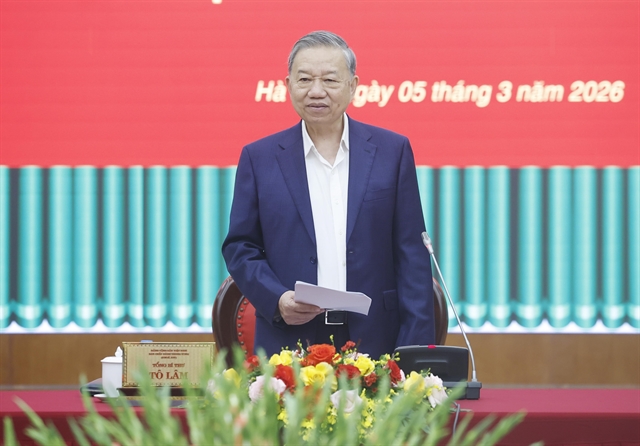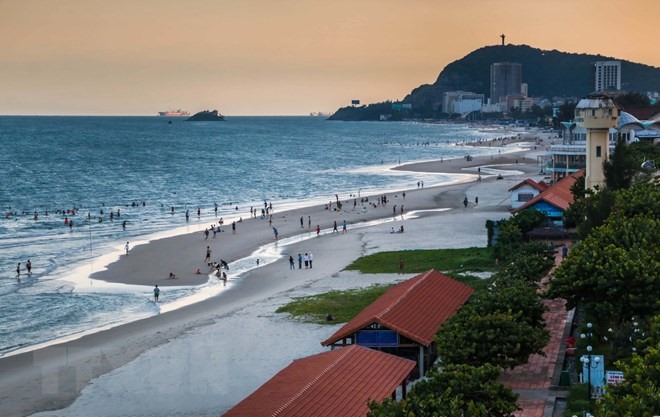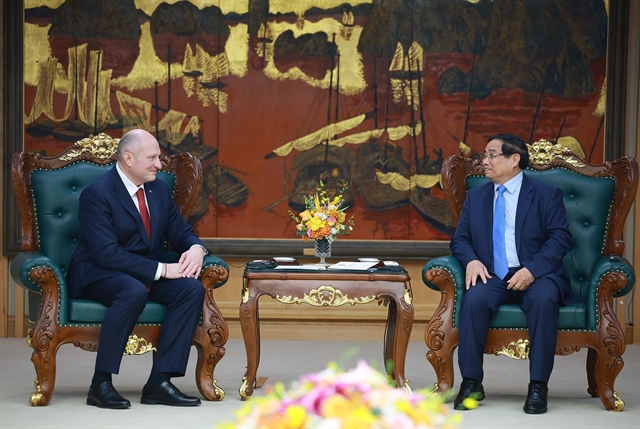 Environment
Environment

One of the most important issues in urban development and planning of coastal areas and islands is resolving the conflict between economic development and preservation of existing resources.
 |
| An international seminar in Bà Rịa-Vũng Tàu Province on November 2 discussed sustainable growth models for Việt Nam’s coastal cities. — VNA/VNS Photo |
BÀ RỊA - VŨNG TÀU — One of the most important issues in urban development and planning of coastal areas and islands is resolving the conflict between economic development and preservation of existing resources.
An international seminar held in Bà Rịa-Vũng Tàu Province last Friday, organied by the Ministry of Construction’s Southern Institute for Spatial Planning, discussed sustainable solutions that could help realise the full potential of coastal cities.
Trần Ngọc Chính, chairman of the Việt Nam Urban Planning and Development Association, said that urban planning must seriously consider the continuing effects of climate change and rising sea levels.
In recent years, Việt Nam’s coastal cities have seen rapid development, especially in the important tourism and marine economy sectors.
Many luxury hotels and resorts have been built along beaches in the area to fully exploit the potential that nature offers.
However, uncontrolled planning of construction projects has caused negative urban, environmental and social problems.
The lack of planning has hindered access to the sea and affected the livelihoods of fishermen in areas in Quảng Ninh Province, Đà Nẵng, Nha Trang, Phan Thiết and Vũng Tàu cities.
Trương Văn Quảng, an architect from the Việt Nam Urban Planning and Development Association, noted that sustainable urban planning should be based on the potential, advantages and challenges that coastal provinces will face in the future.
The load capacity of the natural environment, the pace of urban growth, and tourism development must all be evaluated carefully, he said.
"The land needs to be preserved for future generations," Quảng said, adding that the distinctive landscape, indigenous culture and urban structures must be maintained.
In addition, the central Government should improve the policy governing urban planning and development of coastal areas and islands.
The seminar attracted local and foreign real estate developers, academics, specialists in architecture, construction and urban planning and development, legal consultants, professional associations and representatives from governments of the central and southern coastal provinces and cities. — VNS




